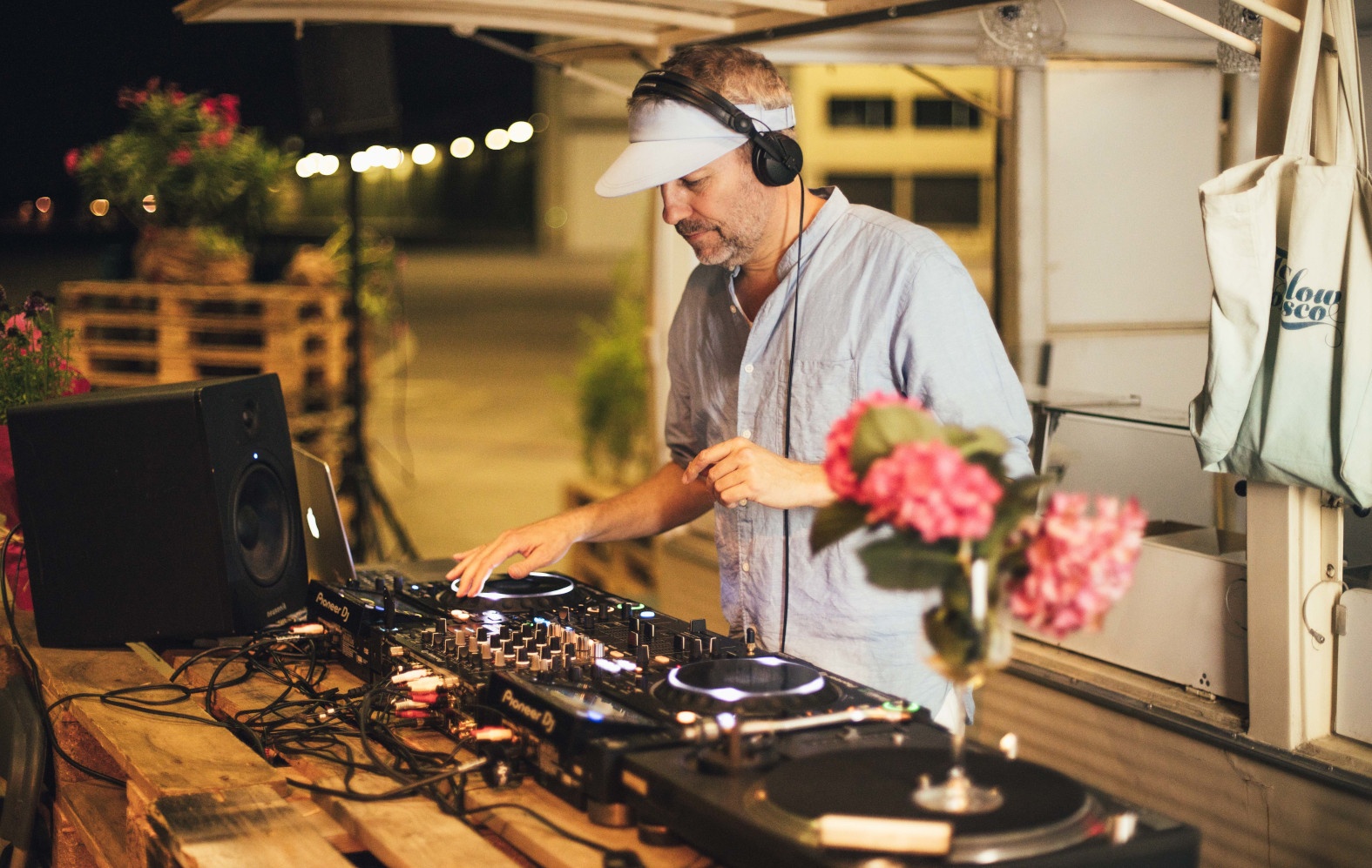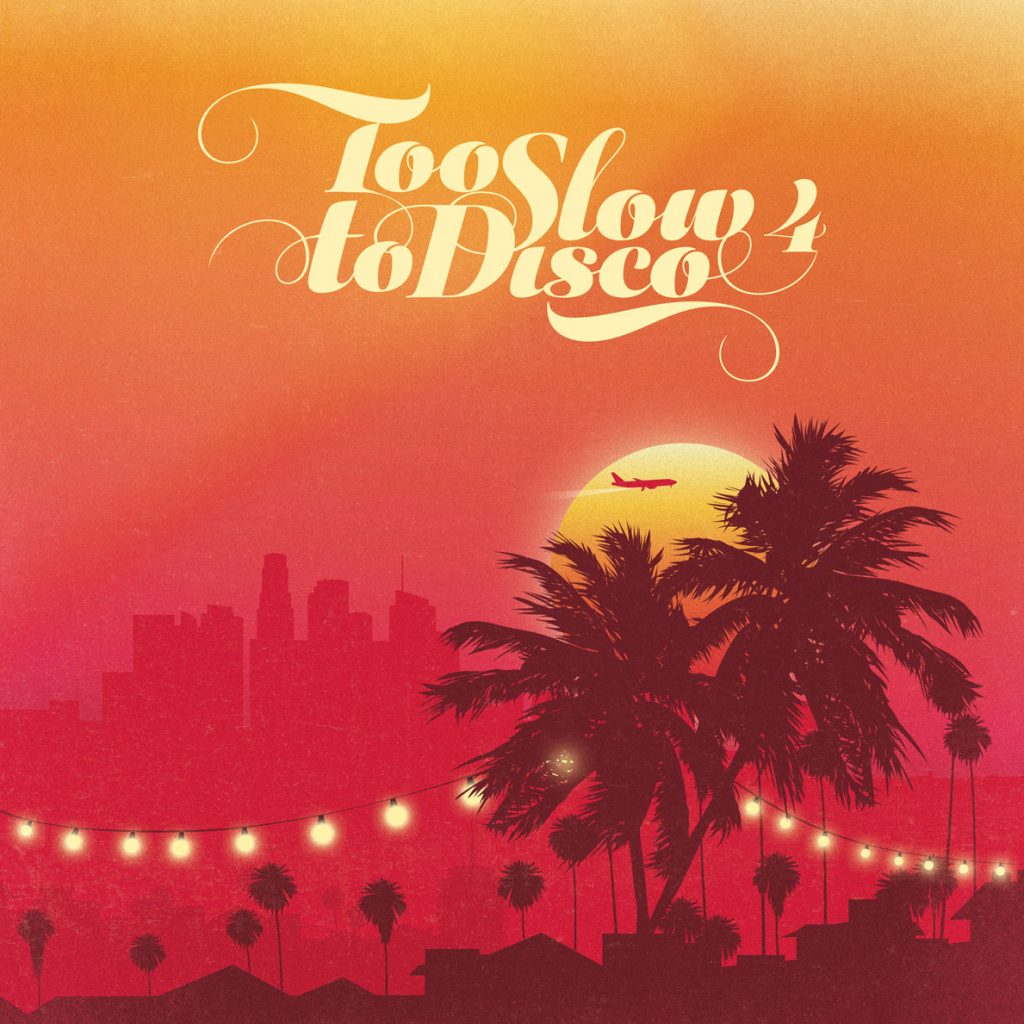Marcus, “Too Slow To Disco Vol. 4” is the tenth edition of your compilation series, which you started in 2014. That’s over 170 songs that you’ve made accessible to the public. 170 mostly obscure tracks for which you had to research for years to find the original recordings and clear the rights. Do you see yourself as a kind of “Indiana Jones” of music history? Or better asked, what are the most important character traits of a music curator?
LOL… I love the Indiana Jones idea….. Less dangerous physically, my job, I guess. Feels good to be maybe remembered as this kind of person. Most important character trait: Patience! It sometimes makes me mad to see the indifference of people and companies in charge of the rights, but then years later, doors open and by a miracle (and steady friendly reminding) , we get the rights…
With the anniversary edition “Too Slow To Disco Vol. 4” you return to the origins of the series after many years. You have again put together a great collection of almost forgotten or overlooked gems from West Coast AOR, blue-eyed soul and yacht rock of the 70s and early 80s. What still distinguishes this music for you? What is the fascination for you?
The idea of every single TSTD release is always, to surprise people. It gets more and more complicated to surprise the West Coast loving “scene” (my base), as everything has been shared now by all those enthusiasts… But I think that relaxed, luxurious sound is still something many people go to after a busy day or a stressful week to calm down. It is medicine to me.
What do you think makes the latest edition special? What can listeners expect?
I found a few pretty special tracks, that will see the light of day for the first time since their original release. We have our first West Coast inspired track from Africa via Stephen Encinas from Trinidad Tobago, we finally found a member from San Francisco Funk band Prime Time Band, and were able to give their sleeping beauty “Fall In Love In Outer Space” a new life (after trying to find it for 7 years), another personal highlight is “Stay” by Severin Browne, who is the younger brother of Jackson Browne, who was the first white artist to be signed to Motown Records… didn’t help him, both of his albums flopped.
For a curator there is always a “holy grail”. Were you able to license songs for the anniversary edition that you’ve wanted for a long time?
Yes, a few suddenly were licensable, which was the main reason, that I decided to do this part 4: the amazing, smooth tracks by Kenny Nolan and The Dukes were on my list for Volume 1 since eight years ago, bang, suddenly they are free. I looked for The Prime Time Band for years. All personal highlights.
Marcus, the Too Slow To Disco series was never just about compiling music, but always about the stories behind the songs, about unsung heroes and heroines, musicians and songwriters. You’ve often had direct contact with the artists over the years. Are there stories that have particularly stayed in your memory, that you like to remember?
My favorite one is about Jon Lind (from White Horse) on Vol 1. He died recently and he has a special story written in the artwork of TSTD 4 to remember him. I always looked for one of their tracks, and finally though Google discovered that one of the members of the band called Jon Lind, now was the head A&R of Hollywood Records (Disney) in L.A. He had just retired so it took me a lot of convincing to make his ex-secretary to tell him about me. 10 minutes later he called me and told me that he almost cried, when he heard that someone was finally interested in his White Horse album (apparently even in the 70s nobody cared about it).
He then kicked some major ass and suddenly, we were able to license it. He was a very humble person, and that is a miracle considering what he told me about his life on several phone calls. His career as a musician didn’t work, so he became a writer. He wrote “a few songs that you might know” (that’s how he said it), “one is called Boogie Wonderland” (yep, by Earth, Wind & Fire) and more mega million sellers. He once told me he was driving in his car in the 80s and a tune played on the radio, that he remembered to have written ages ago. He then found out that Madonna had just released one of his compositions (Crazy For You). What a life he lead. He helped me with a lot of contacts in the years of TSTD, so he remains one of the biggest helps I had (with Franne Golde).
Do you occasionally think about publishing a TSTD book about your experiences and insights?
I am such a bad writer. Way too self-critical. But you can do it, if you want….
Marcus, let’s do a little target group analysis: How would you describe the typical TSTD listener?
I think there are many different groups, but it looks like my most loyal follower is someone who used to go out a lot, became a real music specialist, grew a bit older, maybe now has a family and needs music to forget the whining of his/her pubescent kids….
The start of the AOR revival is now over a decade ago. Do you notice a decreasing interest in the smooth sound of the 70s or do you observe, especially in your role as a DJ, that younger people are discovering this music again and again?
I think that hasn’t changed a lot. What I find difficult as a DJ now is to stay fresh. Not to play those AOR hits to the many new people coming, as to me “Africa” (for example), has been played too much and is not surprising anymore and not something a DJ should play in 2022 (unless on a wedding or so…)
The two “The Ladies Of Too Slow To Disco” editions have a special place in the hearts of many fans. With them, but also most recently with “Yacht Soul”, TSTD has always included socio-cultural aspects and highlighted the so far overlooked influence of social groups on music culture that were too little appreciated, especially in their own era. Is this an important concern for you? And did you discover and experience new things yourself when compiling these special issues?
For example, that the black musicians I work with, always tell of these stories where they got ripped off really bad. Some of them are extremely cautious and distrustful in the beginning because of that. It takes a lot of effort to convince them that TSTD is different. Oh, and “The Ladies” were all overly nice and kind to me….
Marcus, you once said “You don’t get beaten up today if you say you listen to Fleetwood Mac. It’s a big improvement in everyday culture.” In your opinion, have West Coast AOR and Yacht Pop influences long since returned to the mainstream? And are you a little proud that TSTD has made an important contribution to this?
I guess the big songs are mainstream again, now. But that also becomes a problem, especially at the club parties, because it attracts a new crowd, that only wants to listen to the hits and forgets to be open. I am not really proud about it, Ned Doheny should be proud….
But TSTD is not only about “music archaeology”, if you can say so, but also about discovering new music and trends. With “Neo – En France” and “The Sunset Manifesto” you have expanded the TSTD universe in recent years to include current smooth club and disco music and offered young artists a platform. What prompted you to do this and can we expect further editions in this direction?
There were so many new acts, playing around with that 70s smooth, luxurious sound and taking it to today, I simply was impressed and loved the music. Someone needed to show this “scene” and it was a lot of fun doing it. I still am impressed every day, the TSTD NEO FM playlists (on Spotify, Deezer etc) are maybe the fastest growing TSTD sub parts.
Hand on heart, looking back, is there an edition that is particularly close to your heart?
Honestly, I love them all equally, especially the people I got to know through working on them. But of course, the Volume 1 was the one which blew me away the most, as at that time, we didn’t know what to expect from it and then it took off in such a fun way…
Let’s look into the future: In view of streaming playlists and YouTube, does the classic compilation still have a future?
It gets more complicated to make a living out of compilations, since streaming sales grow, but the majors don’t give away the rights to a compilation. But there are still so many people out there who want more than just a playlist. They want to hold things in their hands…
What role does the medium vinyl still play for you today, both as a TSTD curator and as a DJ and private person?
With the decline of the CD (most sales for Volume 1 were still via CD), the vinyl is the only thing that counts! The prize explosions are a nightmare for all of us, but it still works. But there is no way to get rich with it, and isn’t that what we all want… 🙂
Ten editions invite us to look back, but also raise the question of what’s next. Do you already have plans for future TSTD editions? Can you already tell us something?
I am working on three new relases, one is another return to a series I started. One being an artist album. It is a recording of a famous German musician, he went to L.A. in 77/78 to record an album which was never released as the record company meant, it would destroy his career. The tapes were lost in a basement and now are back. Can’t tell you his name, sorry, but it will be a big surprise.
Marcus, that sounds exciting! We look forward to hearing more soon. Thank you very much for the interview!
Thanks to you!
Photo: Thomas Neukum
You want to know more about Too Slow To Disco? No problem, HERE you can find all our reports and interviews from the past years!


